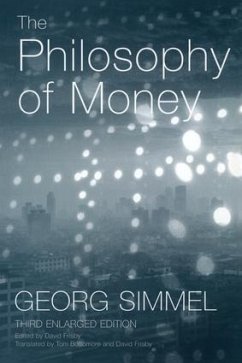
Introduction to Formal Philosophy
Versandkostenfrei!
Sofort lieferbar
66,99 €
inkl. MwSt.

PAYBACK Punkte
33 °P sammeln!
This Undergraduate Textbook introduces key methods and examines the major areas of philosophy in which formal methods play pivotal roles. Coverage begins with a thorough introduction to formalization and to the advantages and pitfalls of formal methods in philosophy. The ensuing chapters show how to use formal methods in a wide range of areas.Throughout, the contributors clarify the relationships and interdependencies between formal and informal notions and constructions. Their main focus is to show how formal treatments of philosophical problems may help us understand them better. Formal meth...
This Undergraduate Textbook introduces key methods and examines the major areas of philosophy in which formal methods play pivotal roles. Coverage begins with a thorough introduction to formalization and to the advantages and pitfalls of formal methods in philosophy. The ensuing chapters show how to use formal methods in a wide range of areas.
Throughout, the contributors clarify the relationships and interdependencies between formal and informal notions and constructions. Their main focus is to show how formal treatments of philosophical problems may help us understand them better. Formal methods can be used to solve problems but also to express new philosophical problems that would never have seen the light of day without the expressive power of the formal apparatus.
Formal philosophy merges work in different areas of philosophy as well as logic, mathematics, computer science, linguistics, physics, psychology, biology, economics, political theory, and sociology. This title offers an accessible introduction to this new interdisciplinary research area to a wide academic audience.
Throughout, the contributors clarify the relationships and interdependencies between formal and informal notions and constructions. Their main focus is to show how formal treatments of philosophical problems may help us understand them better. Formal methods can be used to solve problems but also to express new philosophical problems that would never have seen the light of day without the expressive power of the formal apparatus.
Formal philosophy merges work in different areas of philosophy as well as logic, mathematics, computer science, linguistics, physics, psychology, biology, economics, political theory, and sociology. This title offers an accessible introduction to this new interdisciplinary research area to a wide academic audience.














